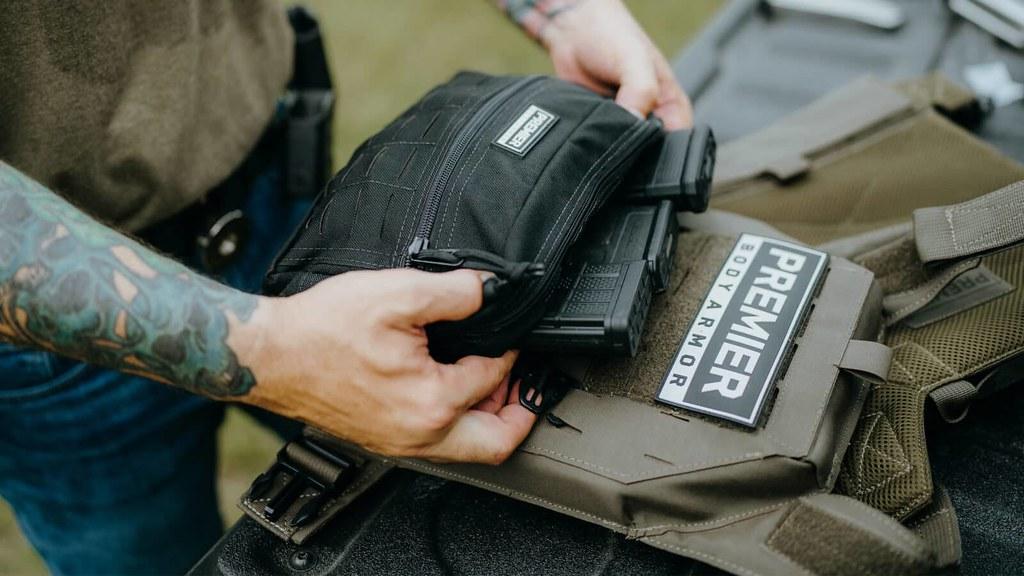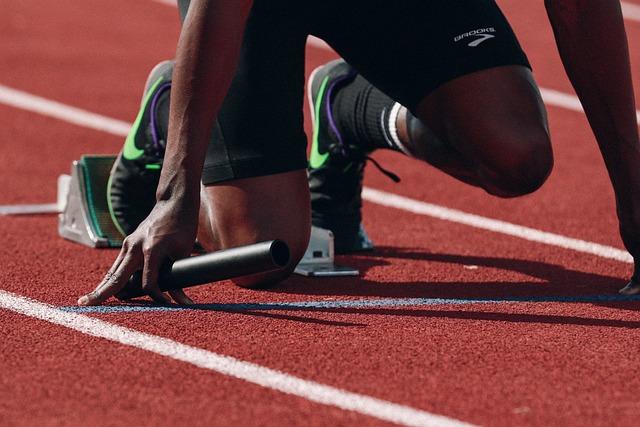In the thrilling world of extreme sports, athletes push the boundaries of human capability, seeking adrenaline-fueled experiences that captivate both participants and spectators alike. However, amidst the excitement and daring feats lies a crucial responsibility: ensuring the safety and well-being of these courageous individuals. Concussions, a common and potentially serious injury in high-risk sports, can have long-lasting effects on an athlete’s health and career. Fortunately, with the right strategies and preventative measures, the risk of concussions can be significantly reduced, allowing athletes to continue pursuing their passions with confidence. This article will guide you through effective techniques and innovative solutions designed to protect extreme sports athletes from concussions, empowering them to safely enjoy the sports they love.
Embrace Advanced Protective Gear for Ultimate Safety
When it comes to safeguarding athletes from concussions, investing in state-of-the-art protective gear is non-negotiable. Modern technology has paved the way for gear that not only enhances performance but also provides robust protection. Here are some key elements to consider:
- Smart Helmets: These helmets are equipped with sensors that can detect impact severity and alert medical teams instantly. Look for helmets with multi-directional impact protection systems (MIPS) for added safety.
- Shock-Absorbing Materials: Innovative materials like D3O or similar compounds are designed to absorb and dissipate impact forces, reducing the risk of head injuries.
- Custom-Fit Mouthguards: Mouthguards that are tailored to fit an athlete’s dental structure provide superior protection by stabilizing the jaw and reducing concussion risks.
- Neck Stabilizers: Devices like neck collars help limit excessive head movement during falls or collisions, mitigating the forces that contribute to concussions.
By embracing these advancements, athletes can push their limits with confidence, knowing they are well-protected against the risks of their thrilling sports.

Master the Art of Safe Technique and Form
In the world of extreme sports, mastering safe technique and form is crucial to minimizing the risk of concussions. Athletes should focus on building a strong foundation of skills and awareness to protect themselves while pushing their limits. Here are some key strategies to consider:
- Proper Training: Invest in professional coaching to learn the right techniques from the start. Coaches can provide valuable insights into maintaining balance, coordination, and control, which are essential for avoiding accidents.
- Consistent Practice: Regular practice not only hones skills but also builds muscle memory, allowing athletes to react instinctively in high-pressure situations. Make sure each session is purposeful, focusing on both strengths and areas that need improvement.
- Body Awareness: Developing a keen sense of body positioning and movement can help athletes make quick adjustments to avoid dangerous situations. Mindfulness exercises, like yoga or meditation, can enhance this awareness.
- Use of Protective Gear: While technique is vital, protective gear is your last line of defense. Ensure that helmets and pads are properly fitted and meet safety standards to provide maximum protection.
By prioritizing these elements, extreme sports athletes can enjoy their pursuits with greater confidence and safety, reducing the likelihood of concussions and enhancing their overall performance.

Cultivate a Culture of Awareness and Education
Fostering an environment where athletes are well-informed and conscious of concussion risks is crucial. Educational workshops and training sessions can play a pivotal role in disseminating knowledge about the signs, symptoms, and prevention strategies associated with concussions. Encourage athletes to actively participate in these sessions to enhance their understanding and awareness.
Implementing a buddy system can also be effective, where athletes look out for each other during training and competitions. This peer support network helps ensure that any signs of a concussion are quickly recognized and addressed. Additionally, providing access to informative resources like brochures, online courses, and interactive apps can empower athletes with the information they need to protect themselves and others.
- Host regular awareness campaigns focusing on concussion safety.
- Engage athletes in interactive learning to reinforce knowledge retention.
- Encourage a culture of open communication where athletes feel safe reporting symptoms.
Implement Cutting-Edge Training Programs
To revolutionize the safety of extreme sports athletes, it’s essential to integrate cutting-edge training programs that focus on both physical and cognitive resilience. Embrace technology by utilizing virtual reality (VR) simulations to create immersive scenarios that help athletes practice decision-making in high-risk environments without the physical danger. Incorporating neurofeedback techniques can also play a pivotal role in training athletes to recognize and respond to early signs of cognitive fatigue, thereby reducing the likelihood of accidents.
In addition, consider implementing multi-disciplinary training that combines strength conditioning with cognitive exercises. This can include:
- Balance and coordination drills that improve proprioception.
- Reaction time exercises to enhance quick thinking and reflexes.
- Mindfulness and meditation sessions to bolster mental clarity and focus.
By fostering a holistic approach to training, athletes can develop a robust defense against concussions, ensuring they remain at the pinnacle of their performance while prioritizing their safety.










